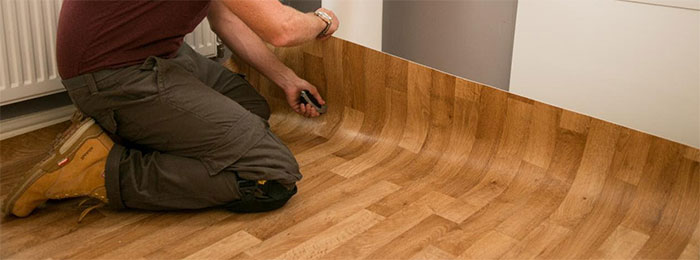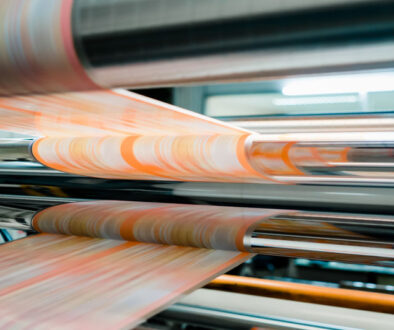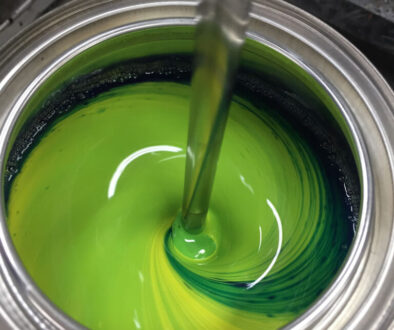Demand Grows for Coatings with Vinyl Applications

One of the most popular uses of our amazing acrylic polymer coatings is for adherence to vinyl substrates. Our acrylic polymers are an industry standard in providing superb adhesion to vinyl. Our polymers meet the high alkali resistance required for floor coating and wall coating applications, especially when used on vinyl surfaces. We also produce high-quality inks that work well with a variety of vinyl substrates. Furthermore, our products display a combination of hardness along with superior stain and chemical resistance. Our customers consistently report satisfaction when using our polymers for vinyl applications, citing such reasons as the polymers’ superior adhesion to vinyl, a low moisture transmission rate, resistance to acids and alkalis, excellent abrasion properties, stain resistance and exceptional corrosion resistance. In summation, Gellner Industrial offers amazing selection, quality and customer service regarding our polymers for vinyl applications, which is great, because vinyl applications belong to a burgeoning industry.
The vinyl industry is displaying a growth in demand for emulsions that are used mainly in architectural paints; the solvent-based copolymers in industrial coatings (i.e. anticorrosion coatings and containers) and the dispersions in industrial applications (mainly coil, container and transportation coatings). The vinyl coatings industry consists of suppliers of vinyl resins and formulators of coatings, purchased primarily by large-scale operations. It is also incredibly beneficial for Gellner Industrial and our consumers that we offer low-VOC coatings that meet environmental regulations without sacrificing quality or performance. This is because recent policy has discouraged the use of VOC’s and subsequently, demand for VOC-laden coatings has dramatically decreased. Legislation in California and the northeastern United States and the influence of the U.S. Green Building Council’s Leadership in Energy and Environmental Design (LEED) Green Building Rating System are motivating coatings manufacturers to sell architectural coatings with very low levels of volatile organic compounds (VOCs).
What is LEED exactly? Well, according to their website, “it is the most widely used green building rating system in the world. Available for virtually all building project types, from new construction to interior fit-outs and operation & maintenance, LEED provides a framework that project teams can apply to create healthy, highly efficient, and cost-saving green buildings.” In order for a building or project to achieve LEED certification it must demonstrate compliance with (primarily) these five thematic factors: energy use, including energy efficient lighting and HVAC systems, location of the building and sustainability of the immediate environment, indoor air quality and use of daylight to reduce lighting costs, water conservation and reduced-use mechanisms and use of sustainable materials during construction. It is mainly the last theme (use of sustainable materials during construction) that affects the increase in demand for coatings without VOCs, or with low levels at least.
As a result of the newly enforced standards that promote the use of sustainable materials during construction on substrates such as vinyl, strong economic growth is forecasted for emulsions to be used on vinyl that can be formulated to produce coatings with little or no VOC use, such as the high-quality products offered at Gellner Industrial.


